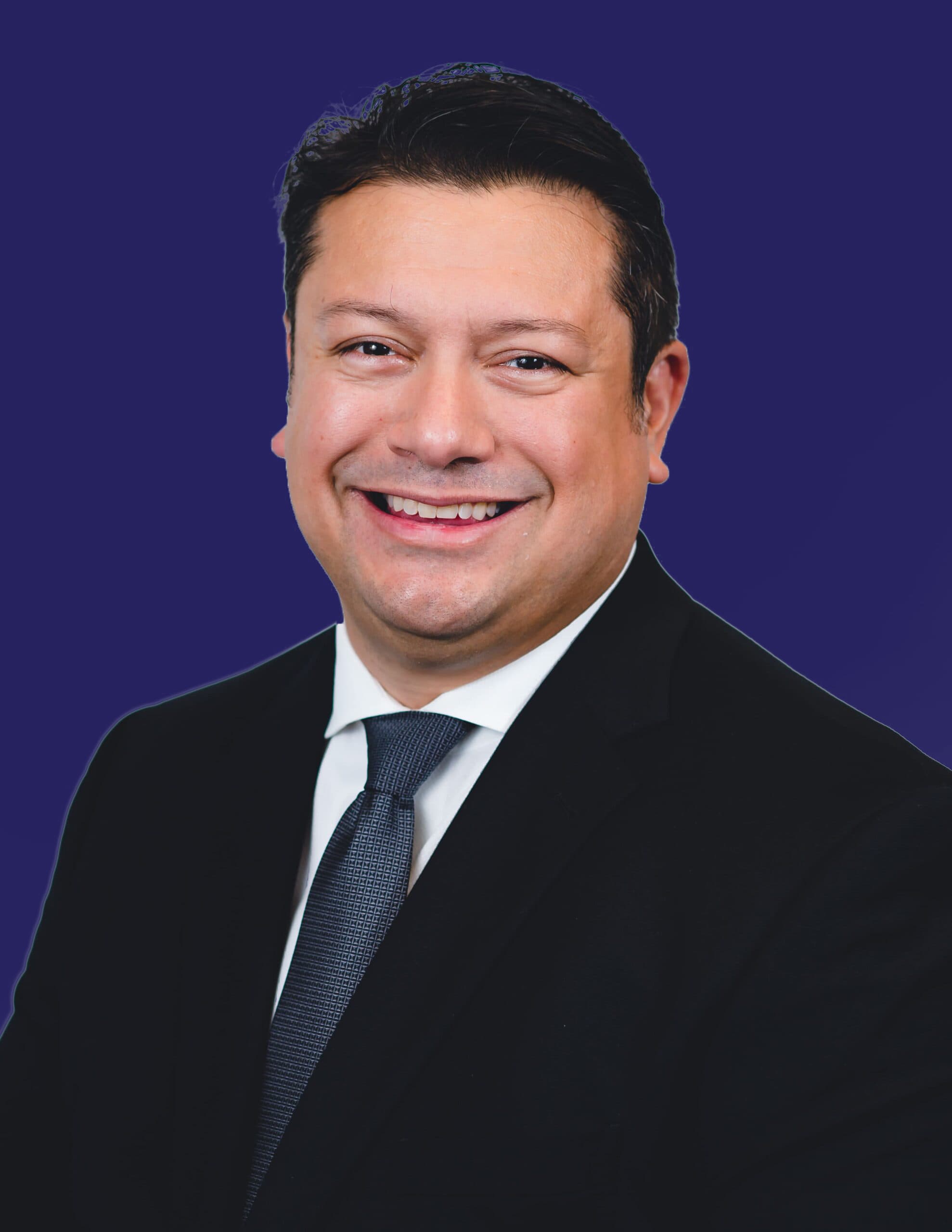
Aliens in removal proceedings are entitled to due process of law under the Fifth Amendment. These persons have a reasonable opportunity to examine the evidence against them, to present evidence on their behalf, and to cross-examine witnesses presented by the government. Evidence in removal proceedings need not be like court proceedings but must be probative and its admission must be “fundamentally fair.” The fairness of a piece of evidence depends on its reliability.
One fundamental concept of evidence is “hearsay.” Basically, hearsay is defined as evidence of a statement is made someone other than by a witness while testifying at a hearing, offered to prove the truth of the matter stated. What is actually hearsay may be confusing. For example, a conversation to a 911 operator itself may be hearsay if the conversation is offered to prove facts contained in the conversation, but it would not be hearsay if the fact of the 911 call itself is offered only to prove that the 911 call itself was made.
The petitioner, a citizen of Bulgaria, had been ordered removed from the United States. She argued that she was deprived of her procedural rights when an immigration judge admitted and based his decision on two hearsay documents: a statement taken from a woman who attempted to enter the United States using the petitioner’s Bulgarian passport, and a Department of Homeland Security inspector’s report of his conversation with the woman prepared seven years after it occurred.
The petitioner, who entered the United States on a student visa, overstayed her visa but married a U.S. citizen and applied for an adjustment of status. The petitioner received a Notice to Appear for removal; one ground was a smuggling charge for assisting an alien trying to enter the United States illegally. At her removal hearing, the government presented two documents as its only evidence to support the smuggling charge. The first was a written statement from the woman who attempted to use the petitioner’s Bulgarian passport to enter the United States, taken in English but without an interpreter. The second document was a Department of Homeland Security record, Form I-213, which is a “record of deportable alien,” prepared by seven years later.
Both statements were challenged on the grounds because the interviewed woman was not fluent in English and no interpreter was available, and because of the lack of cross-examination of that woman.
The Seventh Circuit Court of Appeals concluded that both documents violated the petitioner’s statutory procedural rights. As hearsay, neither document was reliable enough to be admitted without the opportunity for cross-examination of either the woman or the interviewer. The first statement was taken in English without an interpreter, and the petitioner had no opportunity to question either the woman interviewed or the interviewer about the woman’s English language abilities. The I-213 was written seven years after the conversation it reports on took place, it was inconsistent with the first statement in significant ways, and its sources were unreliable. Because the two unreliable documents were the government’s only evidence of the smuggling charge, their admission without any opportunity for cross-examination prejudiced the petitioner. The court thus sent the case back for a new removal hearing.
Immigration and naturalization law is a difficult area of the law to navigate on your own-an area of law that is fast-paced and constantly changing. If you find yourself faced with a problem with the INS, consider consulting an attorney experienced in immigration and naturalization matters.

Immigration Attorney Mario Godoy has years of experience guiding clients with immigration issues through the immigration process along with guiding clients through the criminal case. Godoy focuses on family-based immigration law, business immigration law, removal defense, and criminal defense representation of immigrants. A criminal charge or conviction can be devastating to your immigration case. With over a decade of immigration law experience and memories of family members who were deported due to bad legal advice, Godoy is committed to helping other immigrant families receive the legal justice they deserve. As a legal entrepreneur who practices immigration law, criminal law, estate and probate law, and running two successful law firms, Mario Godoy understands the importance of keeping families together and making a home and future in America.




